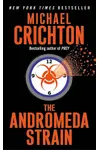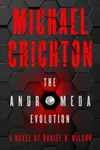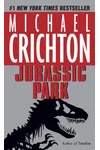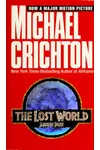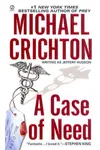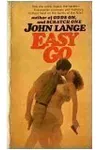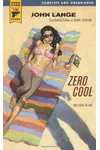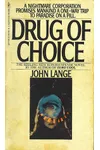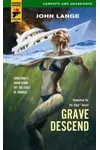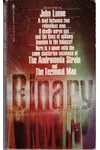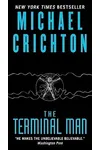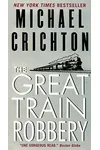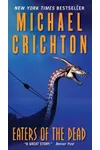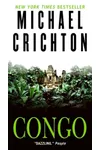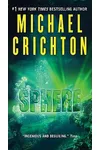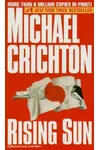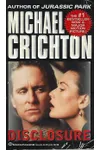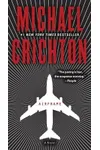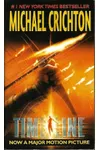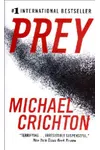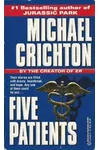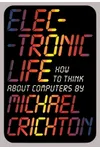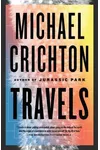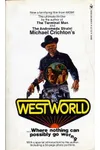Picture a storytelling genius who turned dinosaurs into box-office gold—meet Michael Crichton! This American author, physician, and filmmaker redefined the techno-thriller genre with his pulse-pounding narratives and uncanny knack for blending science with suspense. From Jurassic Park to ER, Crichton’s creations have left an indelible mark on pop culture.
Born in Chicago in 1942, Crichton wasn’t just a writer—he was a visionary who saw technology’s potential and pitfalls long before they hit the headlines. His stories, packed with meticulous research and heart-racing plots, hooked millions. Ready to dive into the life of this literary trailblazer?
The Making of Michael Crichton
Michael Crichton’s journey began in Chicago, where he was born on October 23, 1942. A towering figure (literally—he stood at 6’9”), he studied anthropology at Harvard before switching to medicine, earning his MD in 1969. But the operating room wasn’t his calling. While still a student, he published his first novel, The Andromeda Strain, under the pseudonym John Lange, kickstarting a career that would eclipse his medical ambitions. Inspired by his fascination with science and human nature, Crichton traded scrubs for scripts, blending his expertise into stories that felt as real as they were thrilling.
Michael Crichton’s Unforgettable Stories
Crichton’s techno-thrillers are like roller coasters: meticulously engineered and impossible to put down. His breakout hit, The Andromeda Strain (1969), follows scientists battling a deadly extraterrestrial virus—a premise so gripping it set the tone for his career. Then came Jurassic Park (1990), a cultural juggernaut about genetically revived dinosaurs running amok. Its blend of cutting-edge science and primal fear spawned a blockbuster franchise.
Other gems include Timeline (1999), a time-travel adventure rooted in quantum physics, and Prey (2002), a chilling tale of rogue nanotechnology. Crichton’s style was distinctive: he wove hard science into accessible, high-stakes narratives, often warning of technology’s unintended consequences. His ability to make complex ideas feel urgent and personal kept readers glued to the page.
Beyond books, Crichton shaped Hollywood and TV. He wrote and directed Westworld (1973), a sci-fi classic about a theme park gone haywire, and created ER, the Emmy-winning medical drama that ran for 15 seasons. His versatility was unmatched, making him a triple threat in literature, film, and television.
Why Michael Crichton Matters
Michael Crichton didn’t just entertain—he made us think. His stories, grounded in real science, sparked debates about genetic engineering, artificial intelligence, and corporate greed. Jurassic Park warned of tampering with nature decades before CRISPR became a reality. His prescience earned him fans from scientists to policymakers, and his books remain classroom staples for exploring ethics in technology.
Crichton’s death in 2008 at age 66 didn’t dim his influence. His works continue to inspire adaptations, from HBO’s Westworld to the ongoing Jurassic World films. For readers and creators alike, Crichton’s legacy is a reminder that great stories can shape how we see the future.
About Michael Crichton
- Born: October 23, 1942, in Chicago, Illinois
- Key Works: The Andromeda Strain, Jurassic Park, Timeline, Prey
- Notable Achievements: Created ER, directed Westworld, sold over 200 million books
- Died: November 4, 2008
Snag Jurassic Park or The Andromeda Strain and dive into Michael Crichton’s thrilling world of science and suspense!
